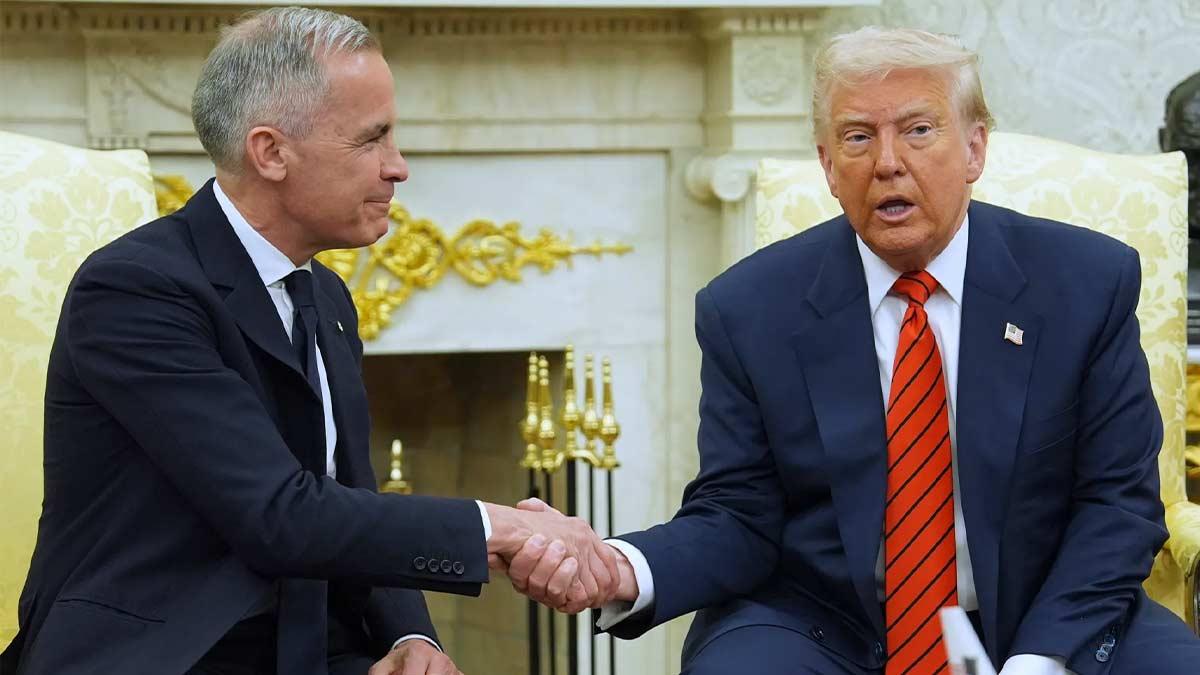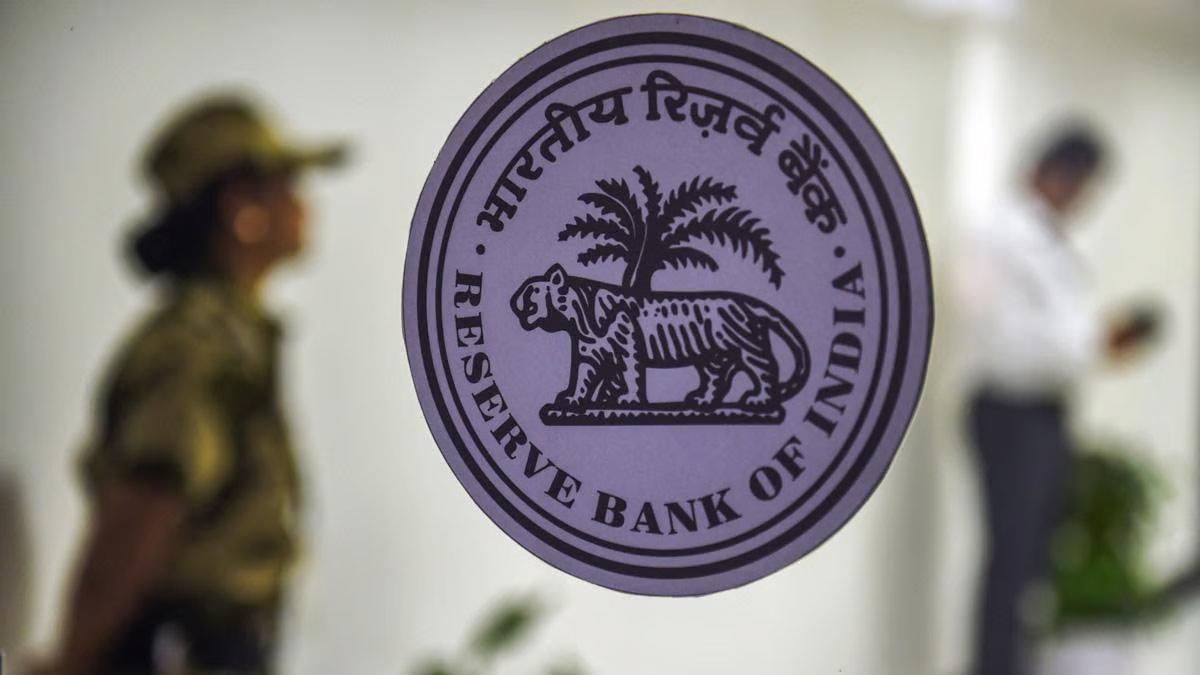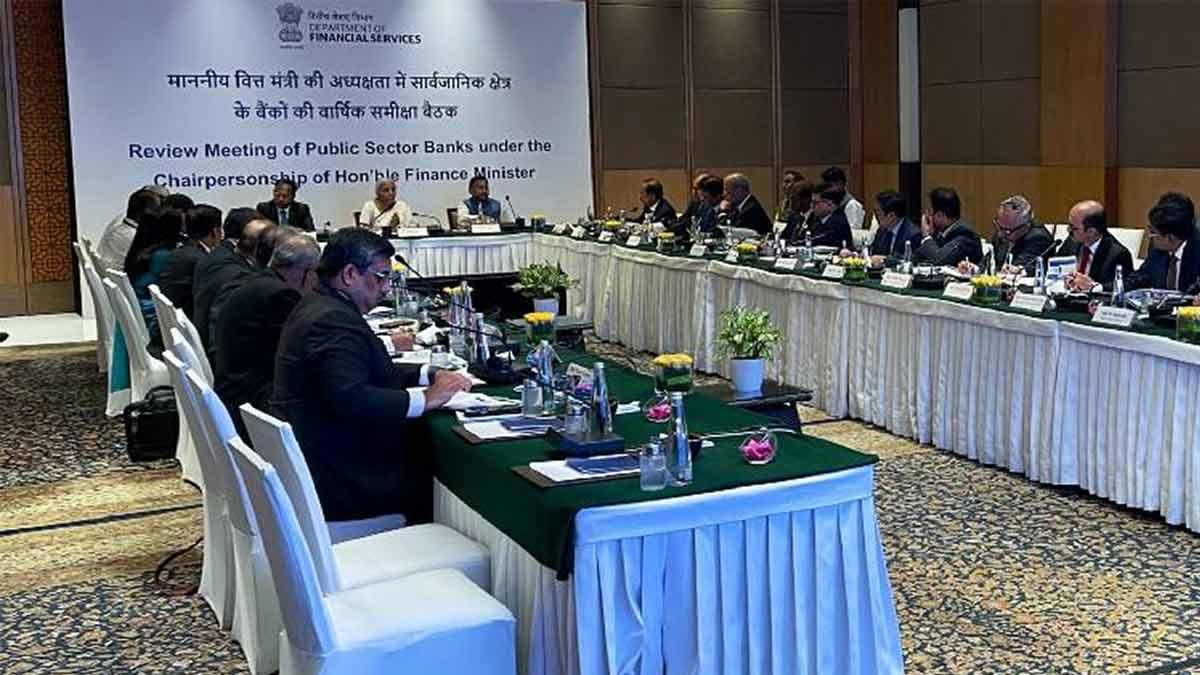On the night before its first collection deadline, Canada announced a surprise halt in imposing its digital services tax on grounds of optimism for a wider trade agreement with the United States.
The action follows shortly after American President Donald Trump stated he would suspend all trade negotiations with Ottawa in response to the tax on American technological giants.
In a statement issued Sunday evening, Canadian Prime Minister Mark Carney announced the move opens the way to restart talks to reach a comprehensive economic agreement by the July 21, 2025 deadline set in the recent G7 Leaders' Summit in Kananaskis.
Originally enacted in 2022, the tax would have had a retroactive effect from 2022 and would have charged a 3% tax on revenue from digital services companies doing business in Canada. Both domestic and foreign entities would have been taxed, including the U.S.-based tech giants Amazon, Google, and Meta. Monday was the deadline for the initial payments.
Earlier this month, Canadian authorities bricked the American protests, insisting the tax would not be postponed. But Ottawa's latest about-face marks a tone change after Trump's tough response.
Canada's Finance and National Revenue Minister Francois-Philippe Champagne highlighted the significance of the step towards future economic cooperation: "Repealing the digital services tax will enable the negotiations of a renewed economic and security relationship with the United States to make essential progress and to further our efforts to create jobs and build prosperity for all Canadians."
Nevertheless, Carney stressed that though Canada is determined to seek a good deal, "Canada will take as long as necessary, but no longer, to achieve that deal."
The digital services tax was originally proposed in 2020 to fill the widening gap in taxation, as the major digital platforms were making a huge amount of money from Canadian users without contributing a commensurate portion of this money in taxes. The proposal progressed even while Canada was involved in global discussions — including with the U.S. — on framing a common worldwide system to substitute such country-level taxes.
Simultaneously, U.S. officials have made quick criticism. In an interview with CNBC, Treasury Secretary Scott Bessent averred that U.S. Trade Representative Jamieson Greer would be examining the economic effects of the tax. "We disagree [with the tax], and we believe that they discriminate against U.S. companies," Bessent remarked on Closing Bell: Overtime.
He added further, "There are some countries in the European Union that have digital service taxes. None of them have done those retroactively," going on to say that the $2 billion estimate in retroactive payments "seem patently unfair."
Commerce between the two North American neighbors continues to be large, with U.S. trade in goods with Canada totaling about $762 billion last year, according to the office of the U.S. Trade Representative.
Read also| Robust Services Exports Drive India’s $13.5 B Current Account Surplus in Jan–Mar
Read also| Public Sector Banks' Total Business Hits ₹251 Lakh Crore Mark in FY 2024–25


















